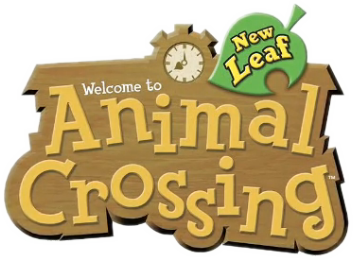Author: Álex Hernández
Ágota Kristóf wrote in 1986 “Le Grand Cahier” (The notebook), a short novel that, interestingly, contains a description of its own style.
It’s set in an unnamed war and tells the story of two twin brothers whose mother sents them to live with Grandmother to keep them away from the bombings. The brothers must adapt to a harder life, but show initiative by acquiring a notebook and pencils and teaching themselves ortography, arithmetics and -what’s relevant to us- composition. They write about their experiences -the daily chores, the soldier who occupies one of the rooms- and then correct each other’s work.
To decide whether it’s “Good” or “Not good”, we have a very simple rule: the composition must be true. We must describe what is, what we see, what we hear, what we do.
For example, it is forbidden to write, “Grandmother is like a witch”; but we are allowed to write, “Pleople call Grandmother the Witch”.
It is forbidden to write, “The Little Town is beautiful,” because the Little Town may be beautiful to us and ugly to someone else.
Similarly, if we write, “The orderly is nice,” this isn’t a truth, because the orderly may be capable of malicious acts that we know nothing about. So we would simply write, “the orderly has given us some blankets.”
We would write, “We eat a lot of walnuts,” and not “We love walnuts,” because the word “love” is not a reliable word, it lacks precision and objectivity. “To love walnuts” and “to love Mother” don’t mean the same thing. The first expression designates a pleasant taste in the mouth, the second a feeling. Words that define feelings are very vague. It is better to avoid using them and stick to the description of objects, human beings, and oneself, that is to say, the faithful description of facts.
Ágota Kristóf, “Le Grand Cahier” (The notebook)
The latest project I’ve been working on is finally approaching its release date. On June 14th, 3DS owners all over Europe will finally get their hands on the long-awaited…
Some Spanish blogs had early access to the game, so there are already previews surfacing:
The turtle who sails the boat is an ace, one of those rough talents who spend their lives waiting for an agent to turn him into a star. […] The turtle can sing! And the rhymes he comes up with! […] I went back home singing to myself one of the many hits from that genius of a turtle. (Vidaextra)
A game the size of Animal Crossing requires many translators (estimations say that the total amount of text could be over 3 times that of El Quijote – or 20 NaNoWriMos), but I wanted to share this quote with you because I had the pleasure to take care, among other characters, of the translation of most of the captain’s songs into Spanish. I hope that you will enjoy them!
Recently I came across a quote -attributed to Ernest Hemingway- good enough to force me to break the blog’s recent silence:
“Prose is architecture, not interior decoration.”
Source: LitReactor

